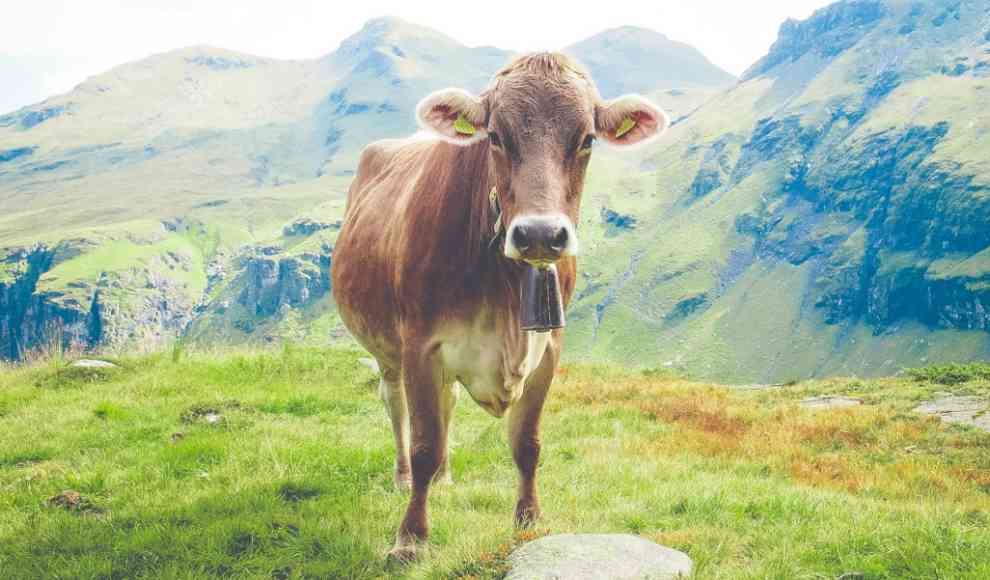In the world of cattle farming, large amounts of methane are released, contributing to the growing problem of climate change. However, a recent study has found that adding red algae to the cattle’s feed can reduce methane emissions by up to 80%, without affecting the taste of the meat. Methane is an extremely potent greenhouse gas, with an 86 times stronger effect than carbon dioxide over a 20-year period. It is responsible for 23% of global warming caused by greenhouse gases, with the main source being the farming of ruminants such as cows, sheep, and goats. A single cow can produce over 300 liters of methane per day during digestion.
Scientists at the University of California have been researching ways to reduce methane production in cattle for several years. They found that the type of feed given to the cattle significantly affects methane emissions, with cellulose-rich hay and grass increasing emissions, while other plant additives decrease them. Previous studies have shown that red algae can be effective in reducing methane emissions in sheep, goats, and dairy cows. The scientists used Asparagopsis taxiformis for their study, adding varying amounts to a feed mixture of hay, grain, and corn for 21 Hereford steers. They found that the methane emissions decreased by 45-68% depending on the amount of algae added, and a further reduction of 80% was achieved by changing the feed mixture to include less hay and more algae.
The addition of red algae to cattle feed not only reduces methane emissions but also lowers feed costs and does not affect the taste or quality of the meat. The study suggests that the algae can be grown in regional aquaculture, further increasing sustainability in the meat production industry. With methane emissions reaching record highs last year, this study provides a promising solution to reducing the impact of cattle farming on the environment.










